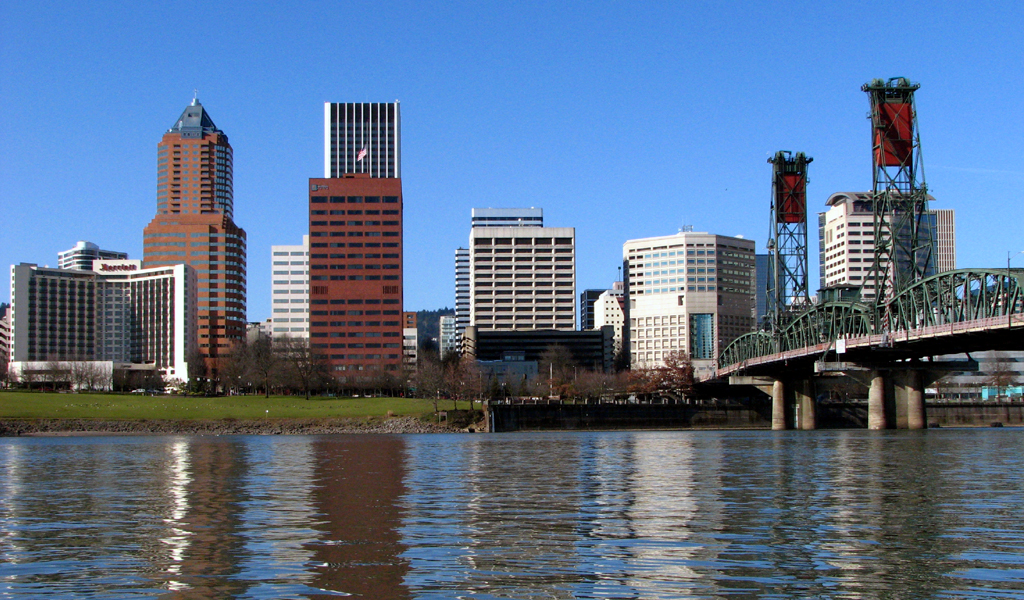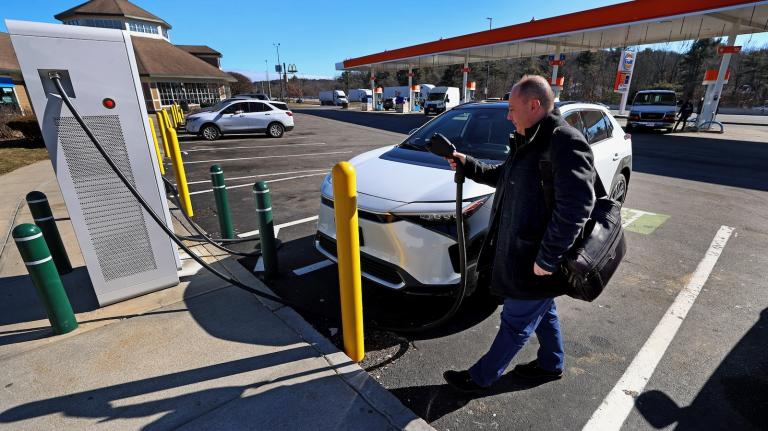Newish Portland Mayor Sam Adams wants to build more “20-minute neighborhoods” in his fair city. From a Fast Company interview:
We’re also working to make every section of Portland a complete 20-minute neighborhood to strengthen our local economy. Two-thirds of all trips in Portland and in most American cities are not about getting to and from work. So if I can offer quality, affordable goods and services, eliminate food deserts, have neighborhoods with schools and parks and amenities–if I can create these 20-minute complete neighborhoods all over Portland–it strengthens our local economy. We drive 20% less than cities of comparable size, and because we don’t manufacture cars, produce oil, or have car insurance companies, every dollar that we don’t spend elsewhere, will stay in Portland’s economy. There’s about $850 million that stays in Portlanders’s pockets because we drive less. With a 20-minute neighborhood, also reduce congestion and meet our climate action plan goals.
The point is to encourage neighborhoods where basic amenities are within comfortable walking (or biking) distance. Sort of a catchier term for “mixed-use development.” Makes sense for all sorts of reasons, as Adams says.
Side note: After President Obama failed to speak the phrase “climate change” in his Oval Office address, there’s been a conversation about whether leaders can effectively address a problem they’re afraid to name (presumably because polls say the public doesn’t care about it). Rather than yet another attempt to rebrand climate change/global warming/global weirding, etc, etc., may I suggest that it might be more fruitful to add phrases like “20-minute neighborhood” that flesh out what a response to climate-change looks like? Concepts such as that and location efficiency help illustrate a sustainable vision, they’re not politically charged (for now), and they appeal to notions of health, community, and quality of life along with the environmental benefits.

